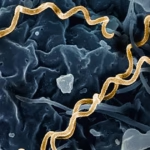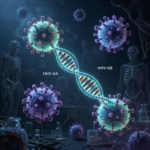-
Beyond the Mediterranean Diet: The Ancient Villabruna Genes Linking DNA to Long Life ife
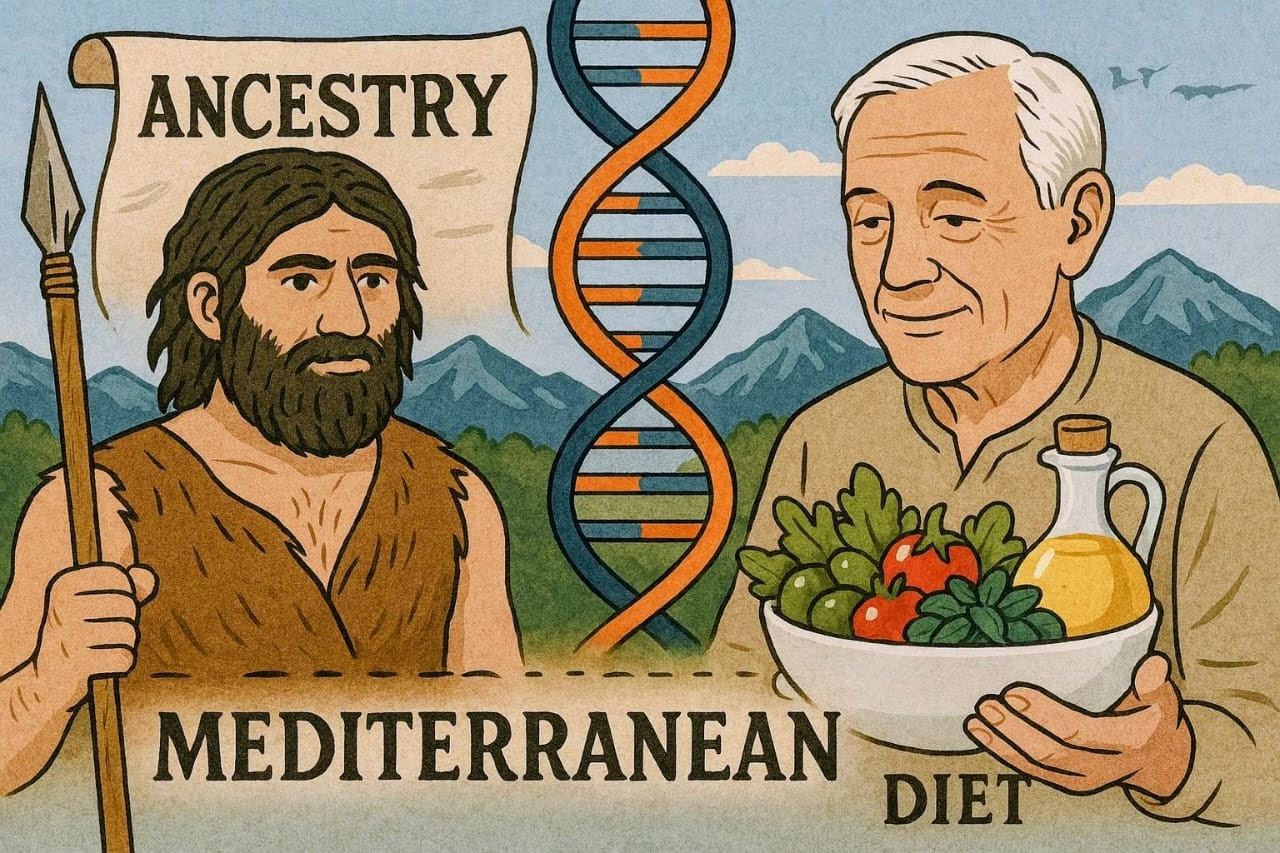
For a long time, everyone thought the “Mediterranean Diet” (healthy food like olive oil and fish) was the only reason Italians lived so long. But in December 2025, scientists found a new secret. It turns out that living to 100 isn’t just about the food on the plate—it’s hidden in their DNA. This
-
Hippos in Ice Age Europe? Ancient DNA is Rewriting Our Wildlife History
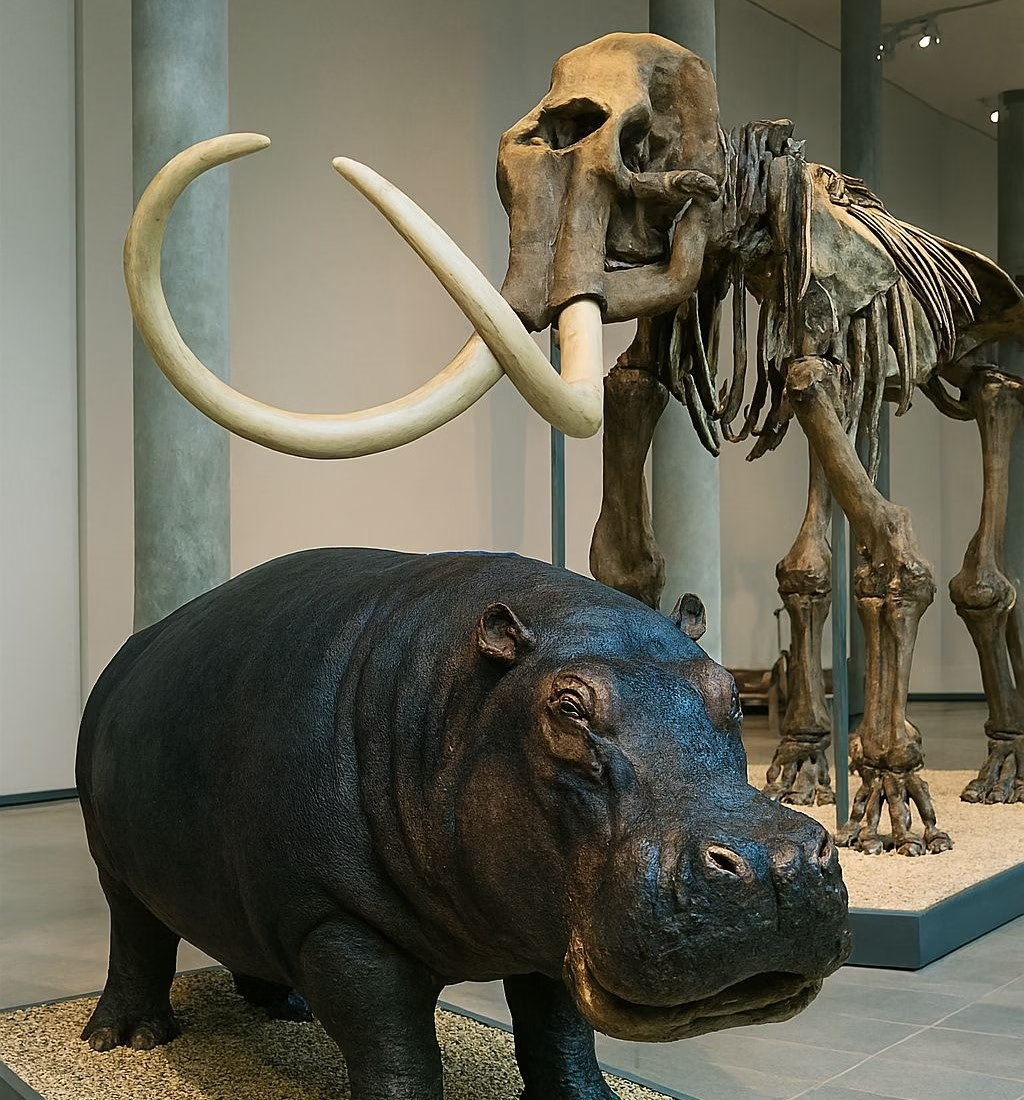
You might be surprised to learn that hippos once lived in Europe not just during warm periods, but right in the middle of the Ice Age! But new research turns that idea on its head. Scientists have discovered that hippos lived in Germany’s Upper Rhine valley between about 49,000 and 31,000 years ago
-
Cats That Act Like Dogs: The Science Behind Copycat Evolution

Copycat Evolution: How Cats and Dogs Surprised Scientists with Parallel Adaptations? Scientists discovered that flat-faced cats and dogs evolved similar features independently – a Purrfect example of ‘copycat’ evolution! In Bern, Switzerland, an unusual museum collection holds the largest scientific assembly of pedigree dog skulls in the world 2,800 specimens representing more than
-
Ancient Genes Tell a New Story: The Phoenicians’ True Ancestry

Secrets of the Phoenicians: Why Their Genes Didn’t Travel Like Their Culture? and What Ancient DNA Says About the Phoenicians’ Global Influence. A new study, published in Nature on 23 April, uncovers surprising revelations about the ancient Phoenician civilization. While the Phoenicians spread their culture, language, and revolutionary alphabet across the Mediterranean, their genetic footprint did
-
Crocodile Evolution’s Winning Formula

The Secret to Crocodilian Survival Crocodiles and alligators – ancient creatures that seem to have stepped directly out of the Jurassic era. While many of their relatives have vanished, these remarkable reptiles have persisted, defying extinction. What’s their secret? A recent study showed that their extraordinary longevity is deeply rooted in their incredibly flexible lifestyles.
-
Why Horses Are Naturally Built for Speed

For over 5,000 years until about 150 years ago horses were essential to human life. Their incredible strength and speed made them perfect for hard labor, travel, and racing. This athletic ability comes from their muscles, which are packed with mitochondria (the cell’s energy factories), allowing them to use oxygen efficiently. Through evolution, horses
-
Ancient DNA Rewrites European Prehistory: A Tale of Ice Age Diversity
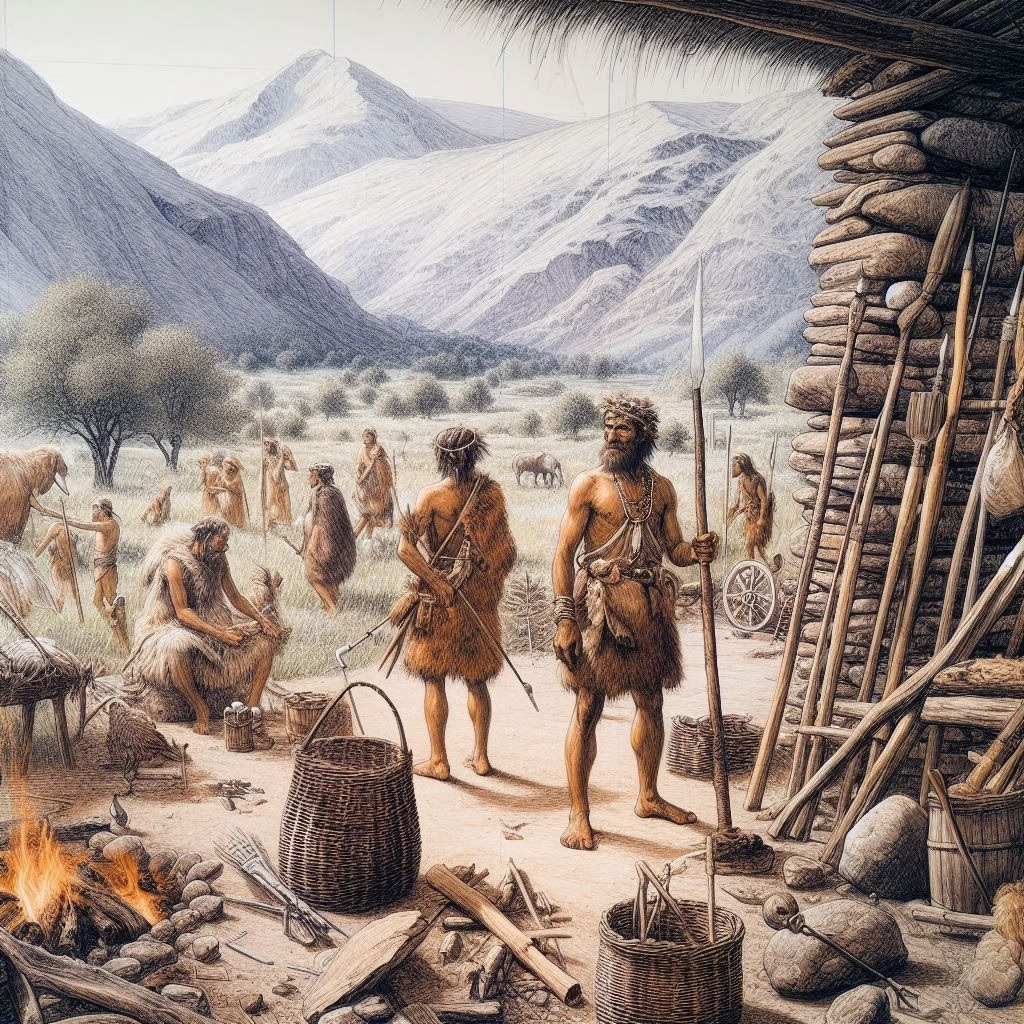
Europe during the Ice Age a frozen, icy land where tough hunter-gatherers lived and survived in extreme conditions. For years, experts thought these ancient people all shared a similar culture. But now, due to amazing advances in ancient DNA research, we’ve learned the truth is much more complex and interesting than we ever thought.
-
Ancient Rome’s Crabs: A Story Written in DNA and Evolution
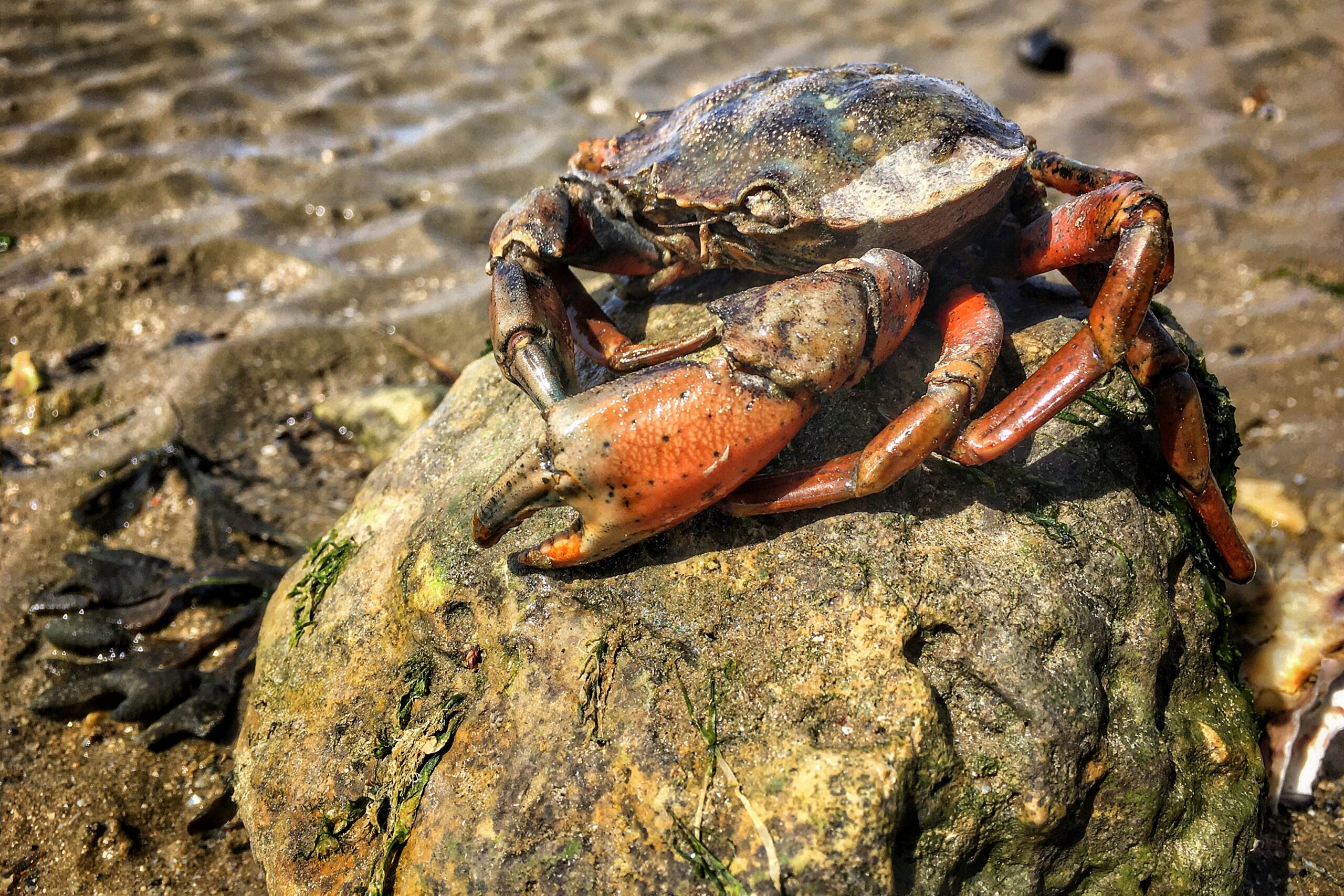
Rome’s ancient ruins are not just about human history they are also home to Italy’s only native freshwater crabs. These small crabs, called Potamon fluviatile, have lived in Rome’s waterways for thousands of years, surviving alongside emperors, gladiators, and today’s tourists. What’s truly interesting about them is not just how long they have been
-
The DNA secrets Hidden in Americas Most iconic Tree

What Did Scientists Study? The focus of this research was the white oak (Quercus alba), a species native to North America and a symbol of strength, longevity, and ecological importance. Scientists sequenced its genome, which consists of over 1.5 billion base pairs, making it one of the most complex plant genomes ever decoded. What
-
Ancient DNA reveals the Huns’ Lost Origins
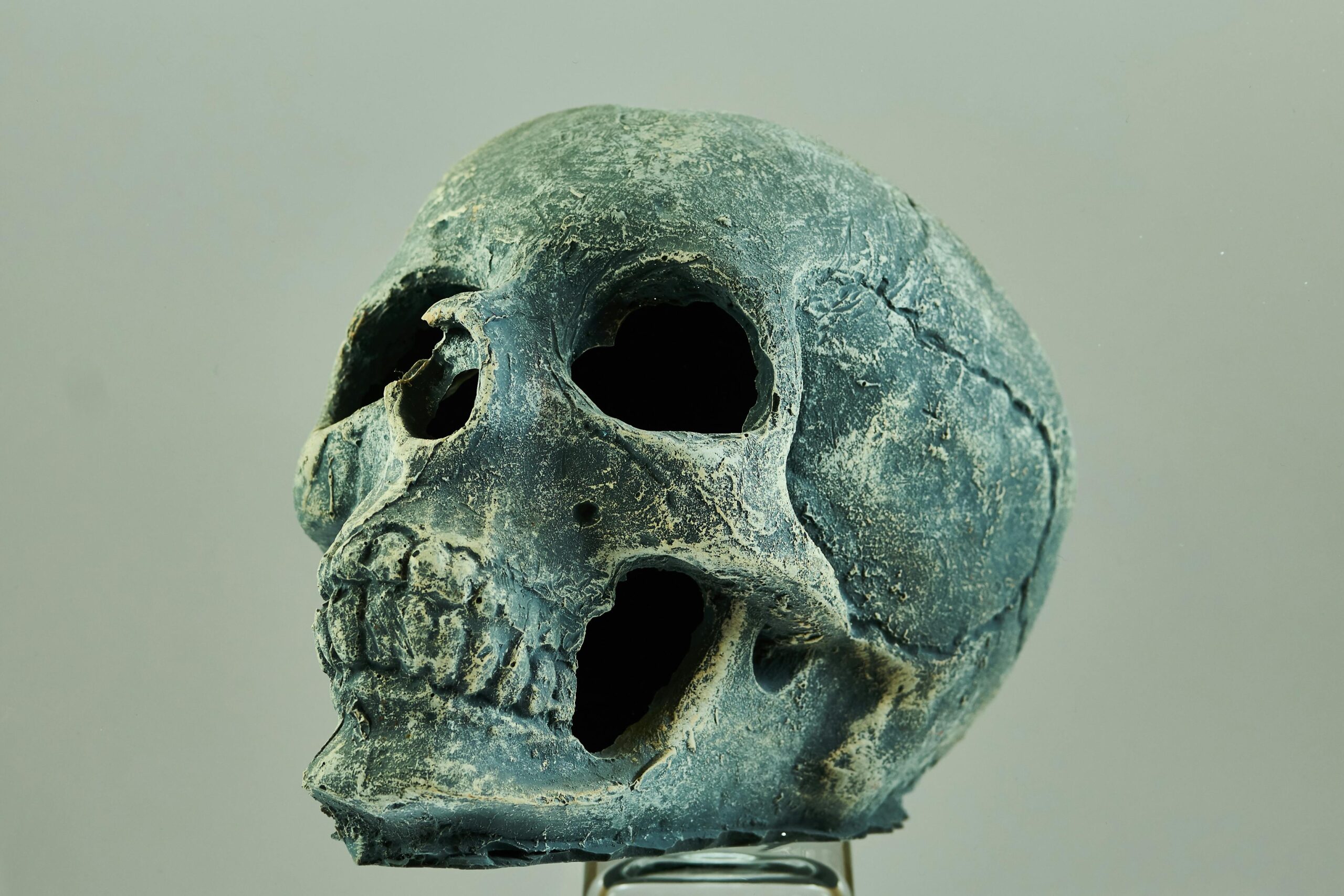
(Decoding the Huns by ancient DNA) For centuries, the Huns have been covered in mystery. These wild and extreme warriors, who marched into Europe in the 4th and 5th centuries, The Huns, known for violence, were thought to be from the Xiongnu Empire. Empire of Central Asia. The idea was that the Huns were descendants
Search
Recent Posts
- Ancient DNA Pushes Syphilis Lineage Back 5,500 Years: Oldest Genome from Colombia Rewrites History
- Ancient DNA Uncovers 2500-Year HHV-6 History
- What Ancient DNA Tells us about the Russian conquest of Yakutia
- How Ancient DNA Links Pacific Islanders and Their Pigs
- Ancient DNA Shows How Unequal Life Was in Eastern Zhou China
